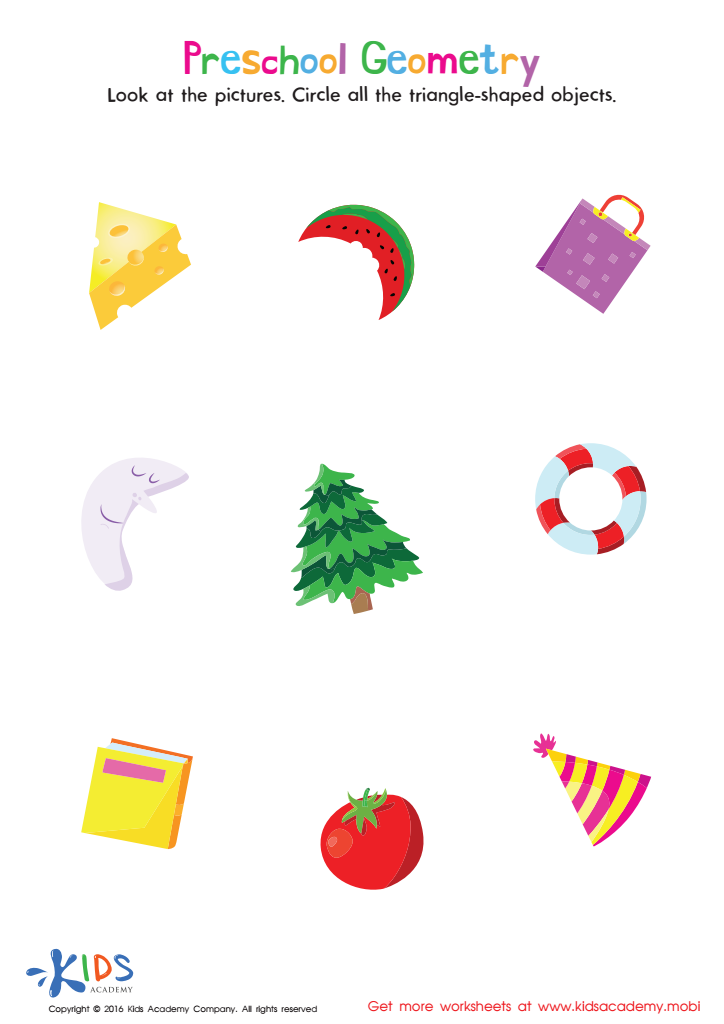Shape Recognition Normal Geometry Worksheets for 4-Year-Olds
20 filtered results
-
From - To
Discover our engaging Shape Recognition Normal Geometry Worksheets designed specifically for 4-year-olds! These themed worksheets introduce young learners to fundamental geometric shapes, fostering essential cognitive skills through fun activities. Our thoughtfully crafted exercises make learning shapes enjoyable, encouraging kids to identify, draw, and match various shapes in their environment. Ideal for homeschooling or classroom use, these worksheets promote fine motor skills and critical thinking while providing a solid foundation in geometry. Explore our collection today and watch your child confidently recognize and understand shapes as they embark on their exciting learning journey! Perfect for nurturing creativity and early math skills.
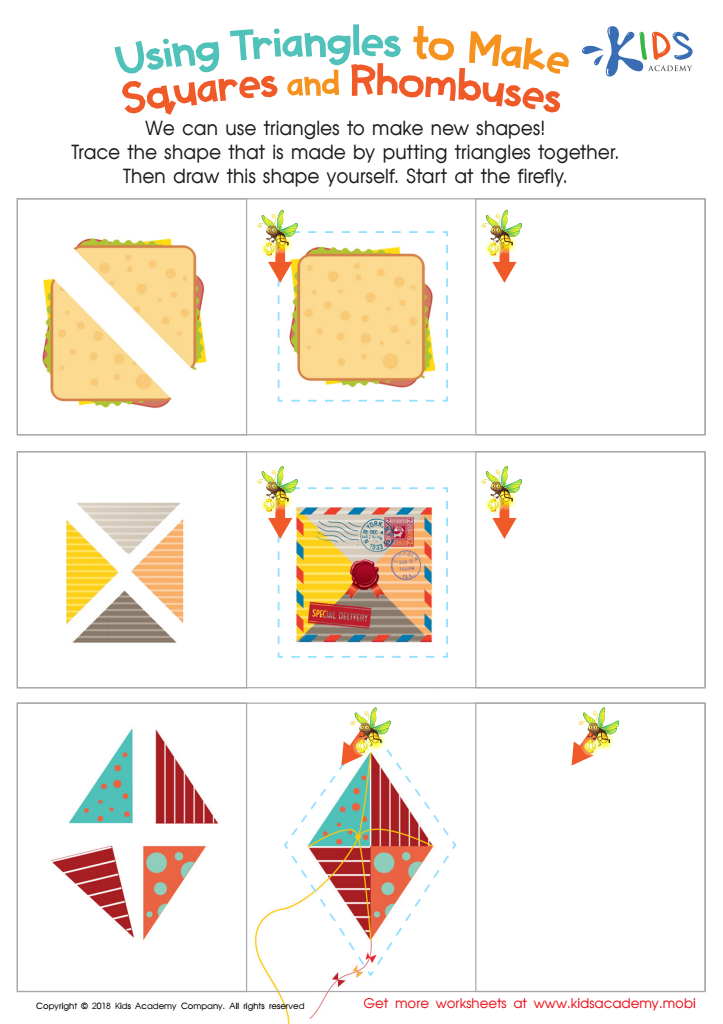

Using Triangles to Make Squares and Rhombuses Worksheet
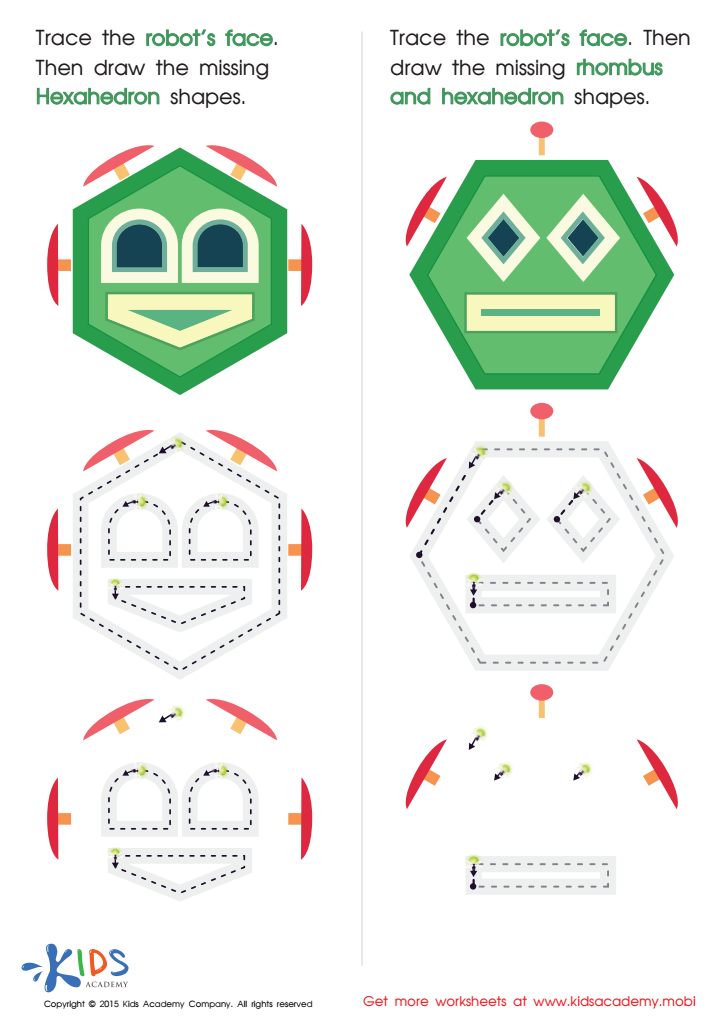

Practice Drawing Hexahedrons And a Rhombus Worksheet
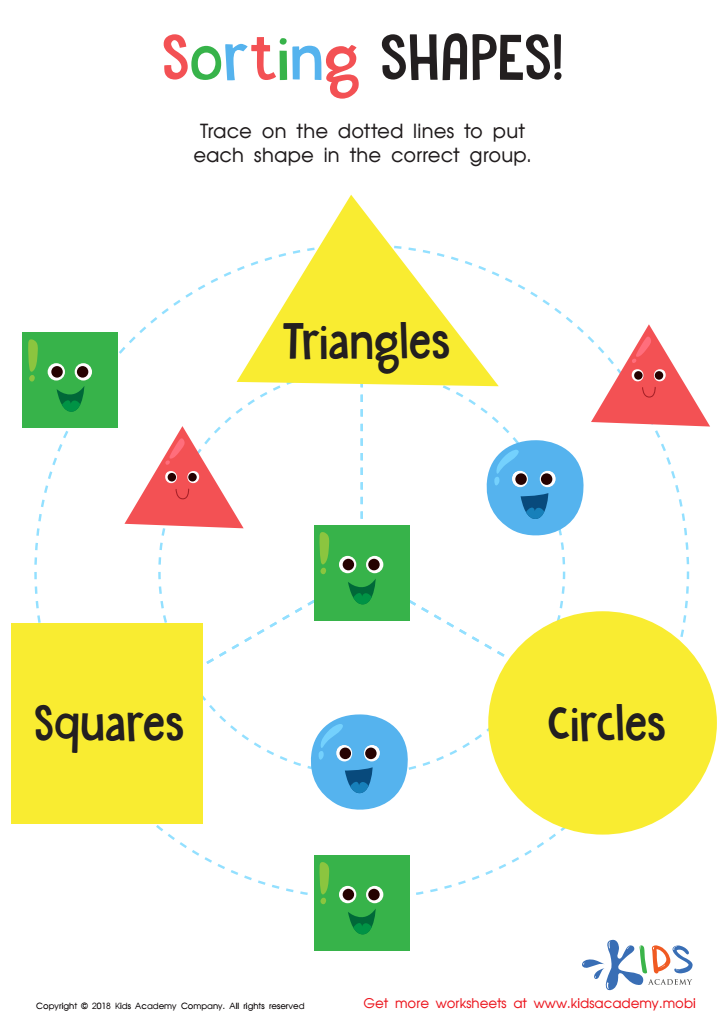

Sorting Shapes - Part 3 Worksheet
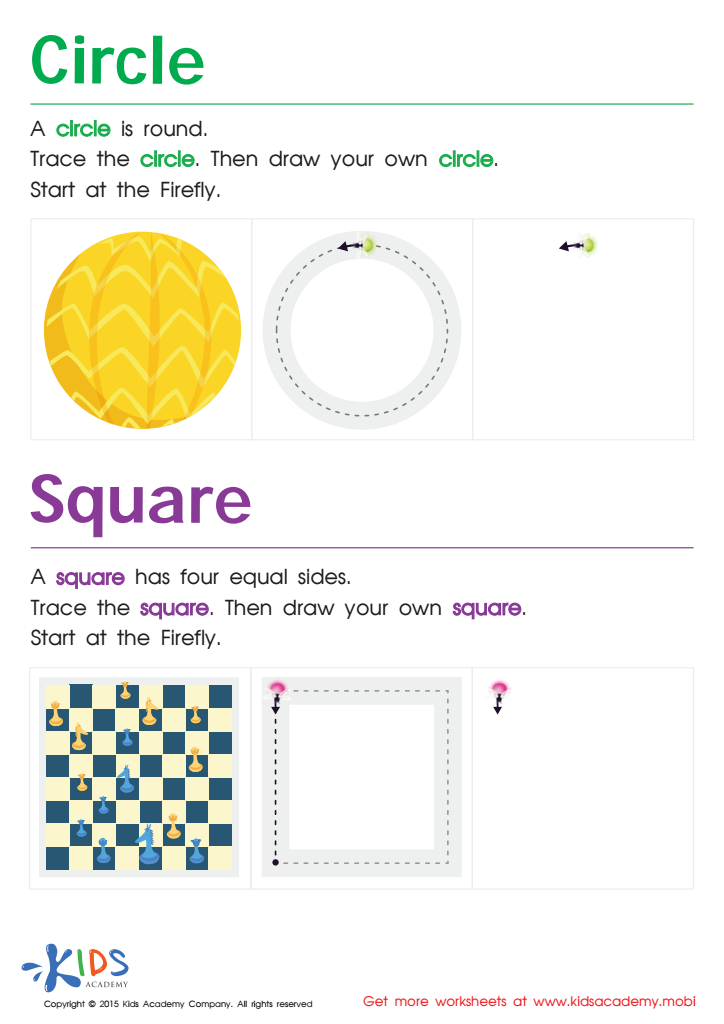

Trace And Draw a Circle And a Square Worksheet
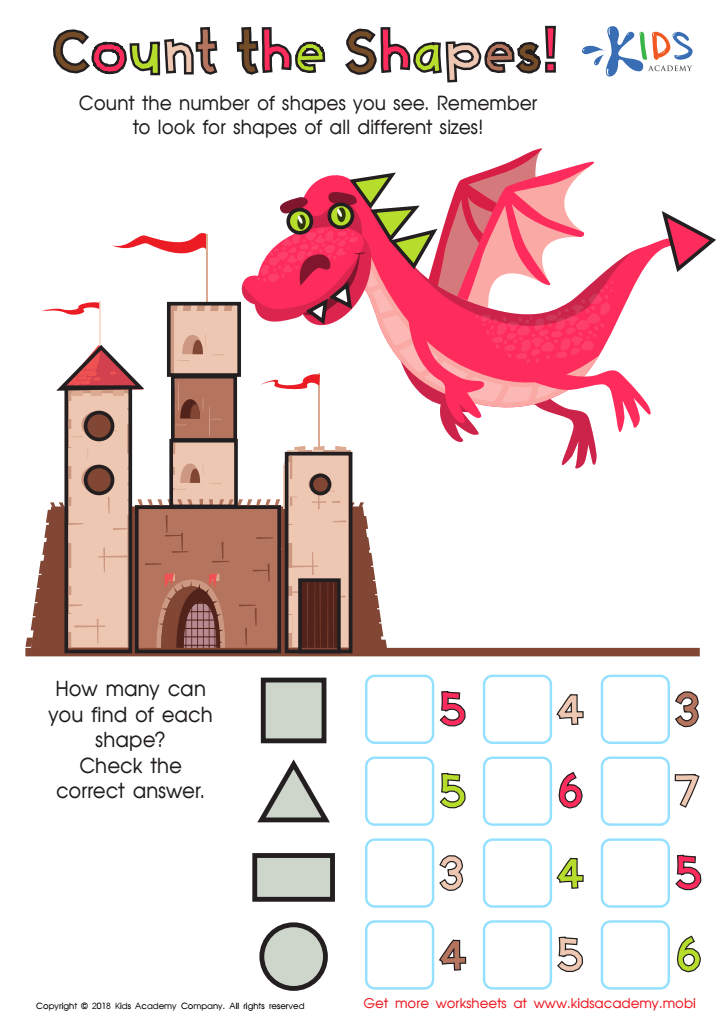

Count the Shapes Worksheet
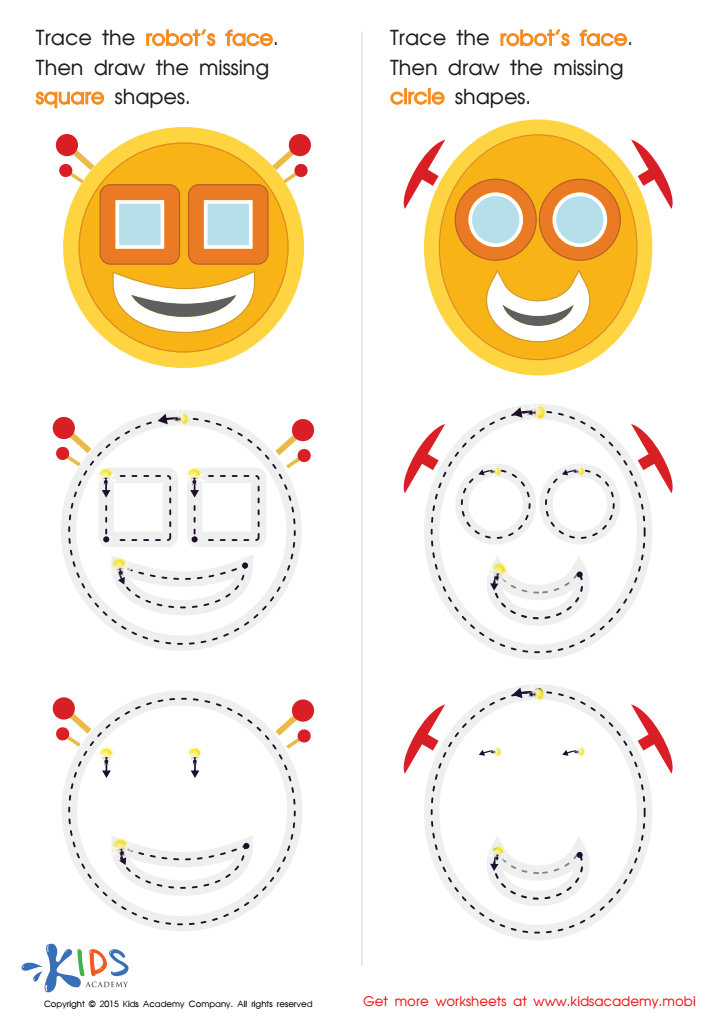

Practicing to Draw Circles And Squares Printable
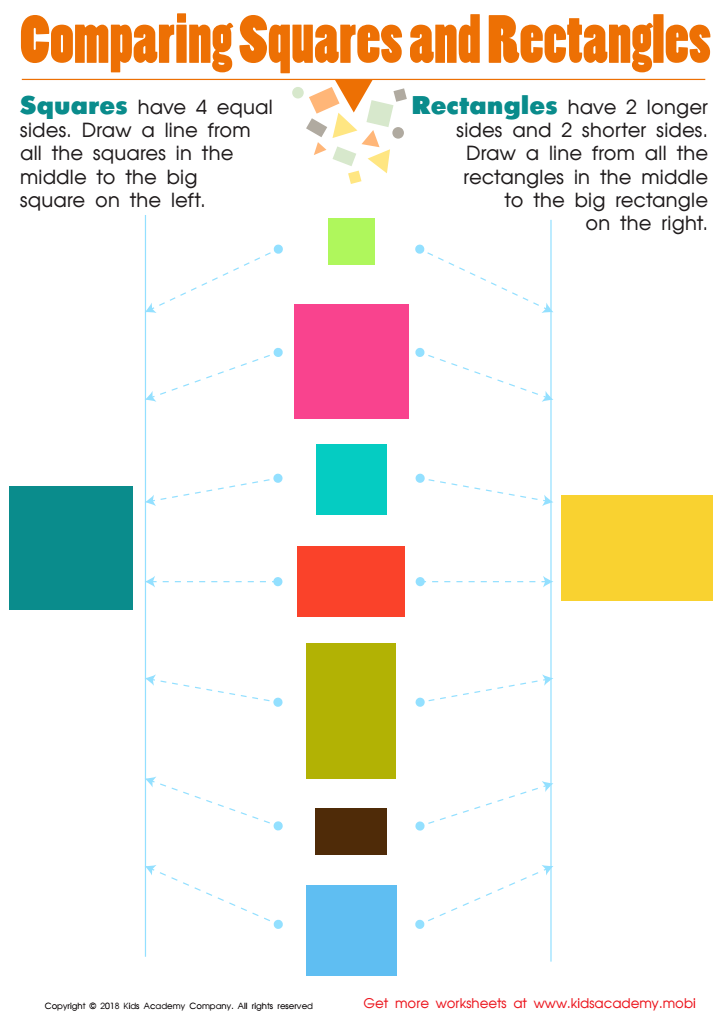

Comparing Squares Rectangles Worksheet
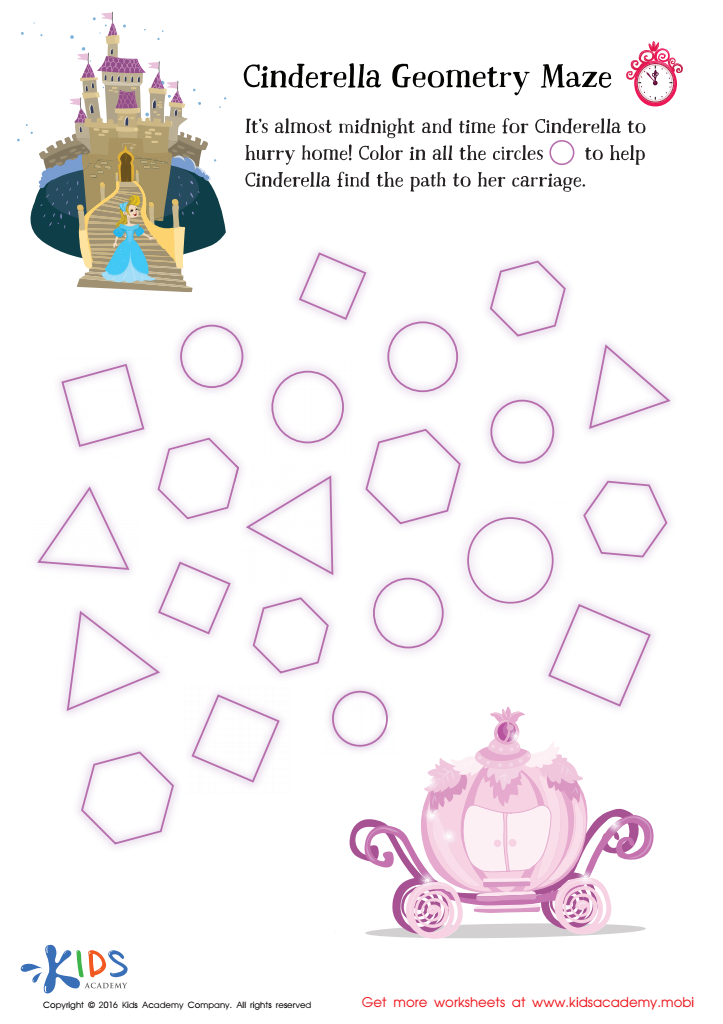

Cinderella Geometry Maze Worksheet


Preschool Geometry Match Up Worksheet
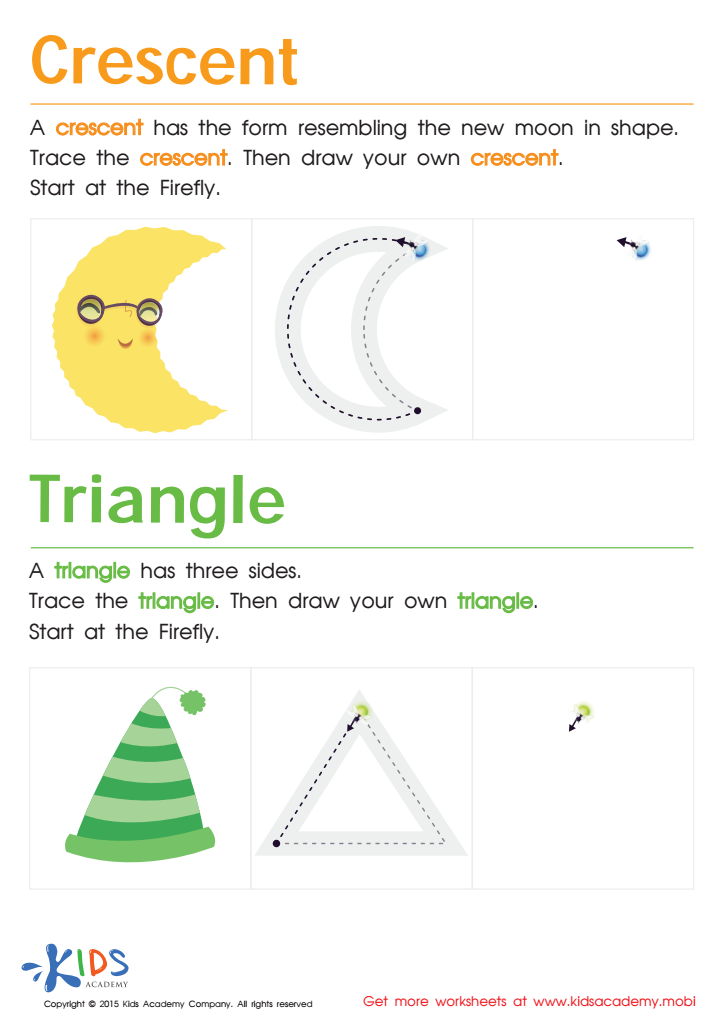

Learning to Draw Crescents And Triangles Worksheet
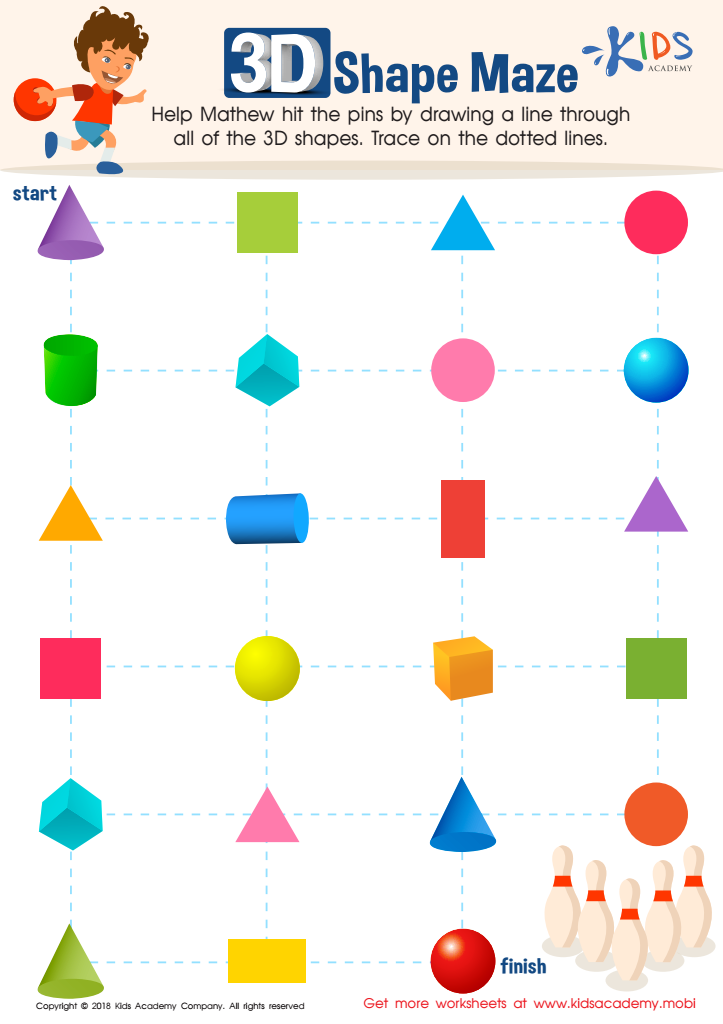

Shapes Maze Geometry Worksheet
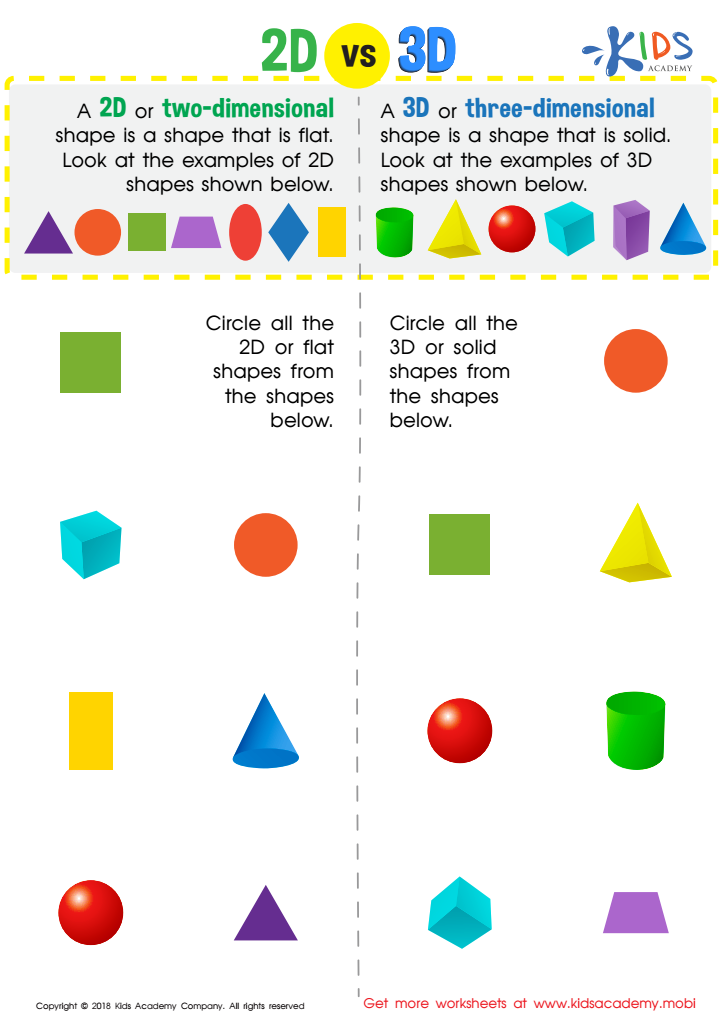

2D vs 3D Shapes Worksheet
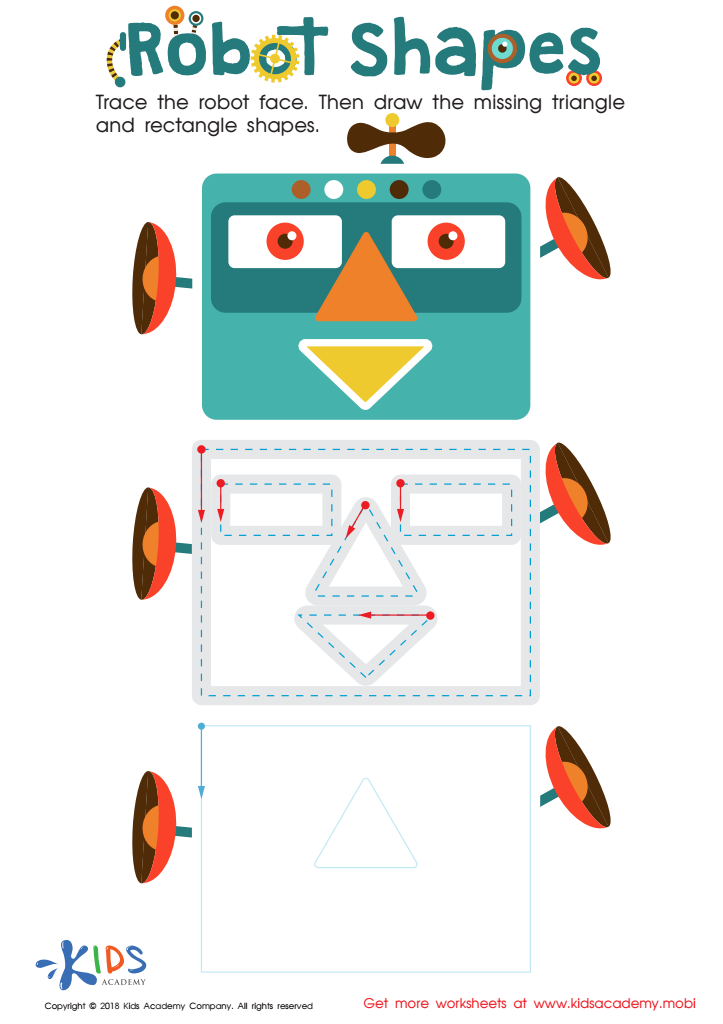

Robot Shapes Worksheet
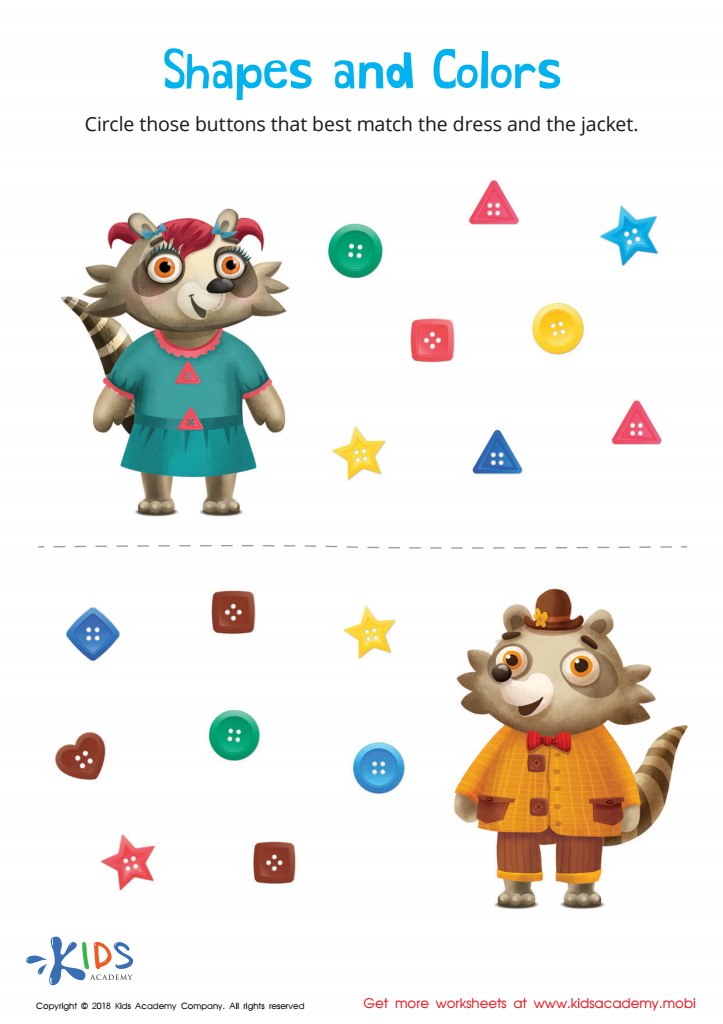

Shapes and Colors Worksheet
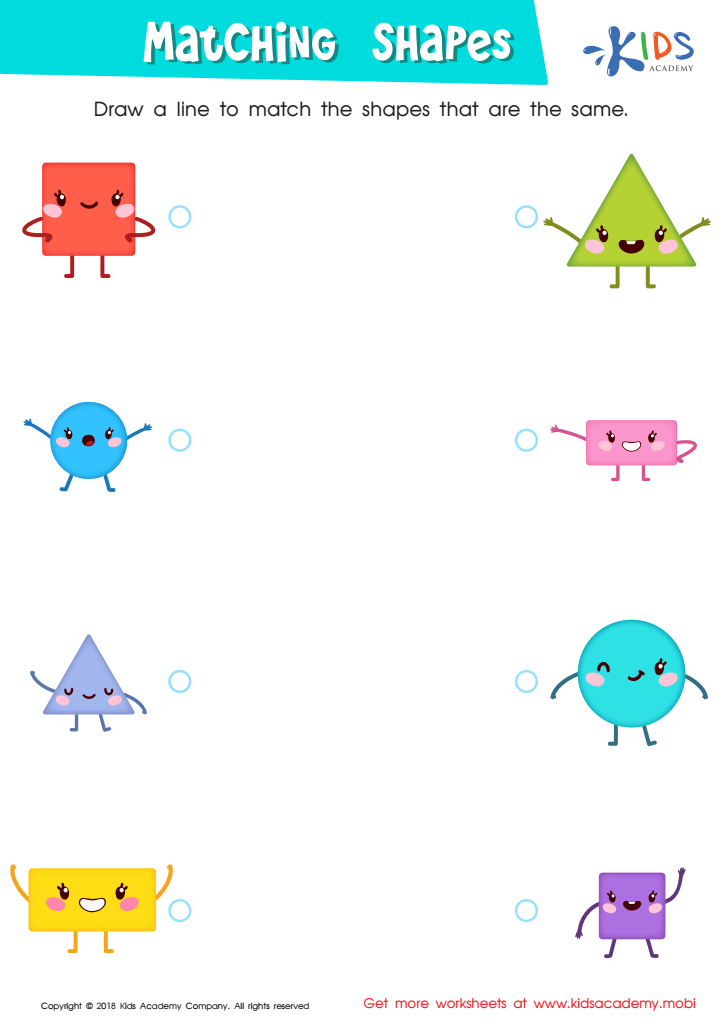

Matching Shapes Worksheet
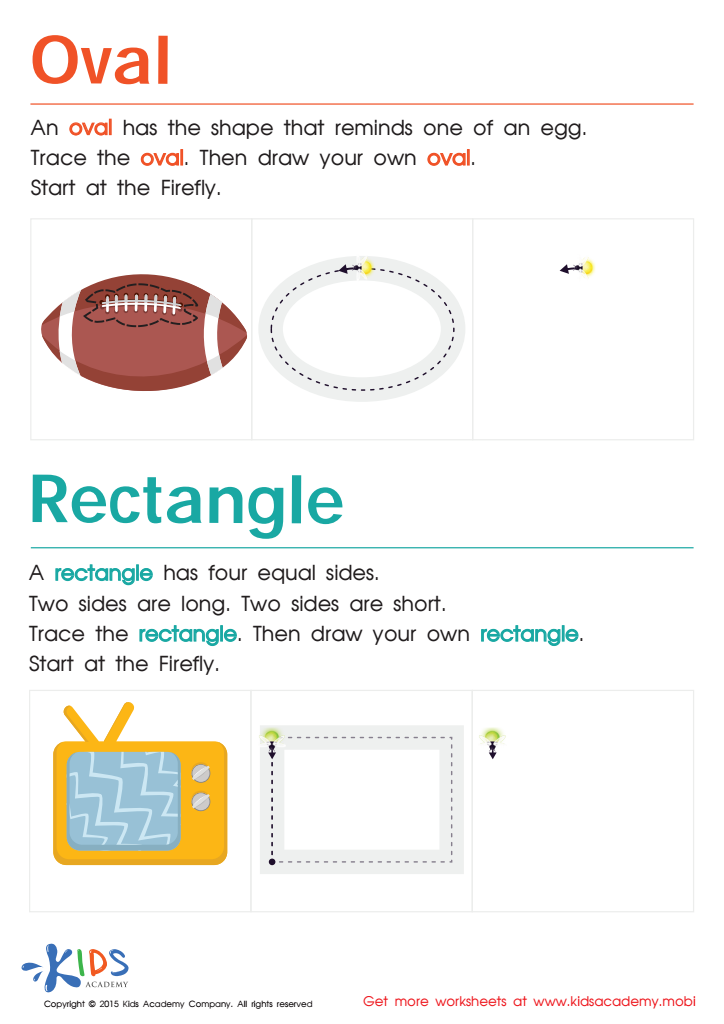

Easy Drawing of Ovals And Rectangles Worksheet
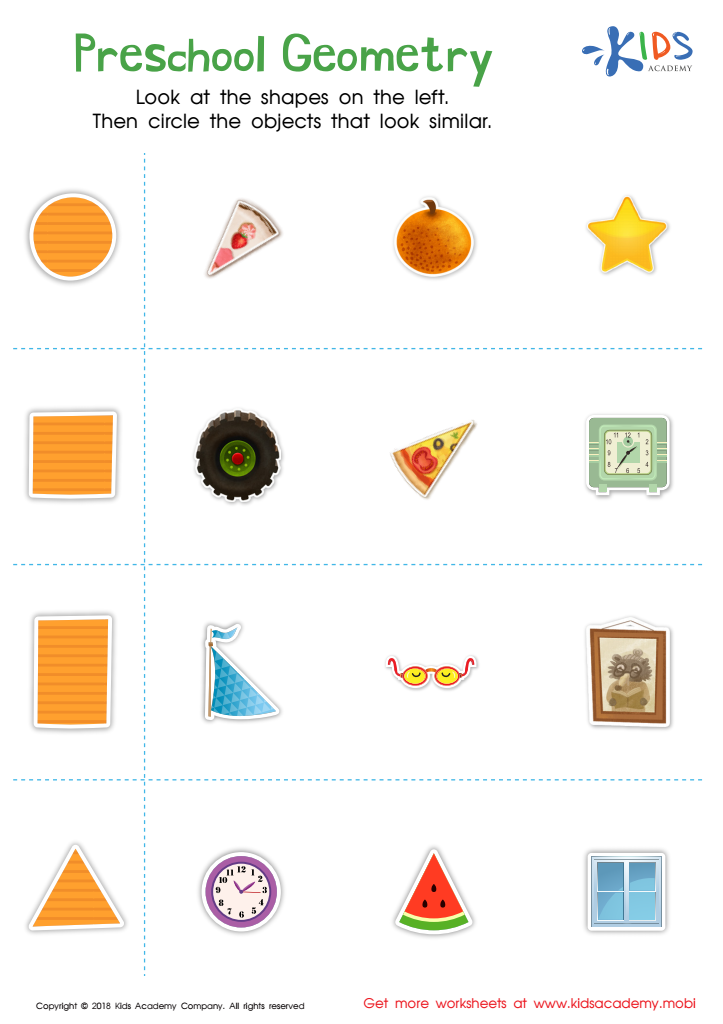

Preschool Geometry Worksheet
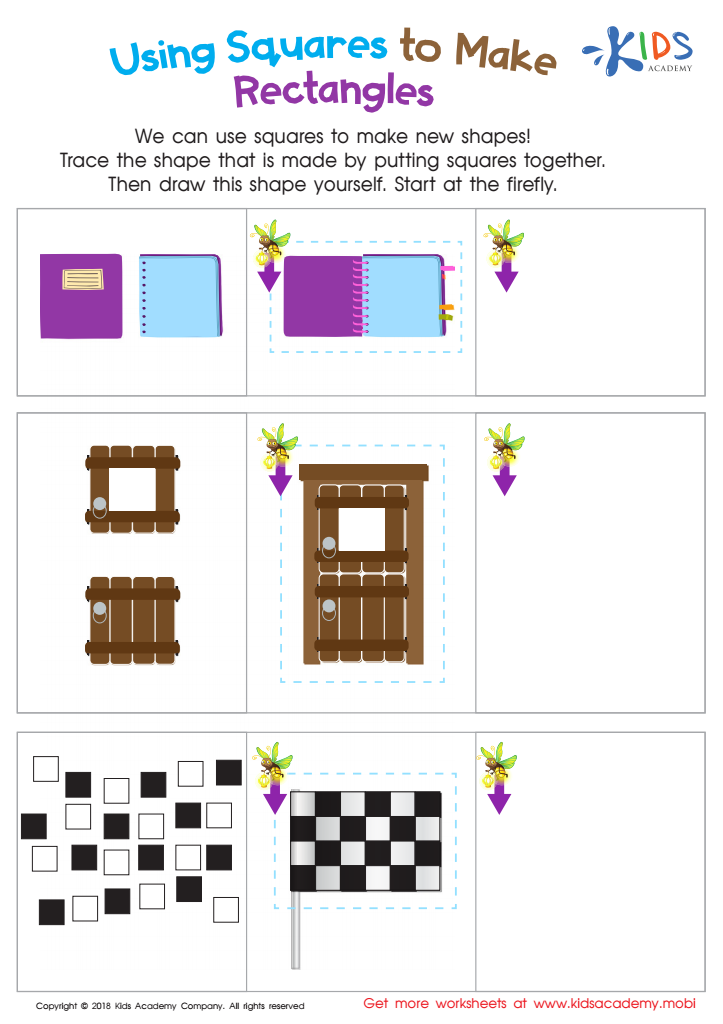

Using Squares to Make Rectangles Worksheet
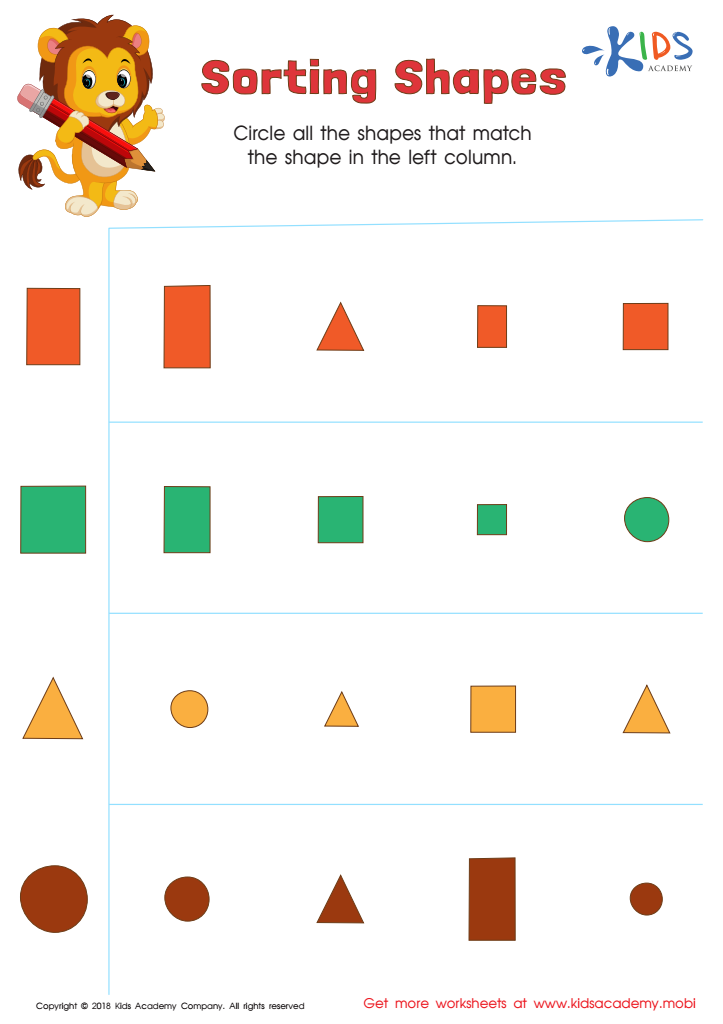

Sorting Shapes - Part 2 Worksheet
Shape recognition and understanding basic geometry concepts are foundational skills for 4-year-olds and hold significant importance for both parents and teachers. At this age, children are naturally curious, and engaging them in learning about shapes fosters their cognitive development. Recognizing shapes helps enhance their visual perception, analytical skills, and understanding of spatial relationships, essential for later mathematical concepts.
Moreover, shape recognition supports language development, as children learn to associate words with shapes (e.g., circle, square, triangle). This vocabulary expansion boosts their communication skills and helps them articulate their thoughts clearly.
From a practical standpoint, these skills contribute to everyday tasks, such as organizing objects, following patterns, and problem-solving. For instance, when children identify shapes, they develop critical thinking abilities that are fundamental in their schooling journey. This skill set also lays the groundwork for future math learning, ultimately helping children make connections between concepts, ensure better comprehension in school, and promote confidence in their abilities.
Involving parents and teachers in shape recognition activities, such as games and interactive play, strengthens this learning further, making it enjoyable and meaningful. Ultimately, encouraging shape recognition in young learners enriches their educational experience and prepares them for a solid academic foundation.
 Assign to My Students
Assign to My Students
